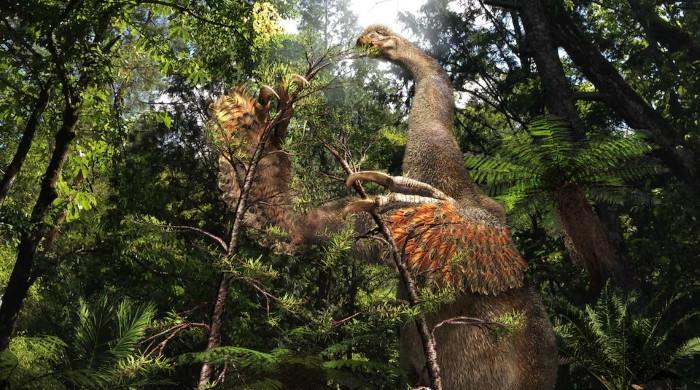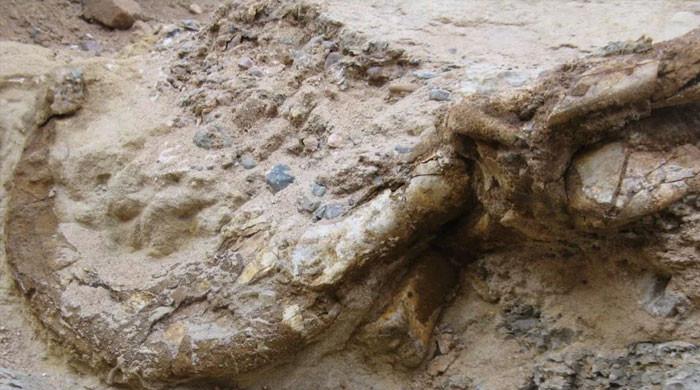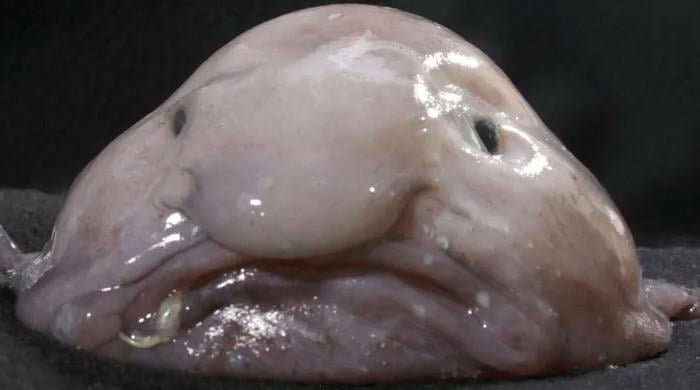Big Bang particle discovery closer: scientists
GENEVA: Physicists investigating the make-up of the universe are closing in on the Higgs boson, an elusive particle thought to have been key to turning debris from the Big Bang into stars, planets...
June 13, 2012
Researchers at the European Organization for Nuclear Research (CERN) are using their large Hadron Collider (LHC), the world's biggest particle accelerator, to try to prove that the mystery particle really exists.
Poring over huge volumes of data, CERN physicists are confident they are now closer to achieving that aim, outside scientists with links to two key research teams at the Switzerland-based facility said.
"They are getting quite fired up," one scientist outside CERN but with links to the experiment who declined to be named told Reuters.
Strong signs of the Higgs were being seen in the same energy range where it was tentatively spotted last year, the scientists added, even though the particle is so short-lived that it can only be detected by the traces it leaves.
The quest for the obscure but scientifically crucial Higgs boson is being conducted by harnessing the LHC's high energy accelerator, which is located on the edge of Geneva, to replicate the Big Bang, the process scientists believe brought the known universe into being.
The Higgs is named after Briton Peter Higgs who in 1964 first came up with a detailed idea of what it might be and is the last major missing piece in the so-called Standard Model of how the universe works at the elementary particle level.
Its formal discovery, once it is endorsed by the world scientific community, would almost certainly ensure a Nobel prize for Higgs, now 83 and retired, and perhaps for at least one other European physicist and one American.











